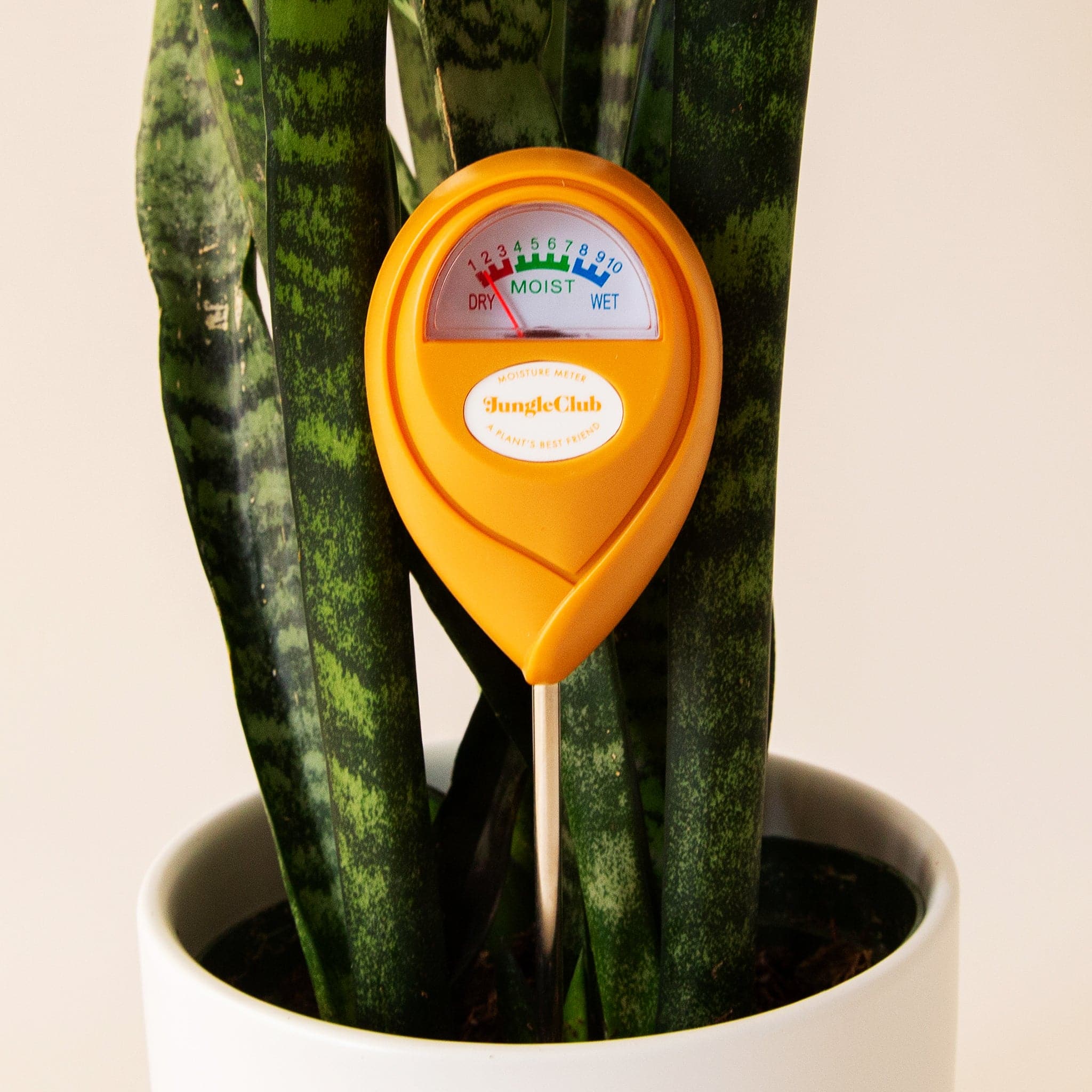The Ultimate Guide to Moisture Meters: A Comprehensive Review and Just How They Can Save You Money
Wetness meters serve as crucial tools in discovering and monitoring moisture web content in products, assisting in stopping expensive damages and making sure the top quality of items. Recognizing the nuances of various types of dampness meters, their applications, and the potential cost-saving benefits they offer can be a game-changer for organizations and experts alike.
Sorts Of Moisture Meters
One common type is the pin-type dampness meter, which measures the electric resistance in between 2 pins placed into a material. Pinless dampness meters, on the other hand, use electro-magnetic sensor plates to scan a larger area without creating damage to the material's surface area.

Infrared wetness meters determine the thermal homes of a material to establish its dampness material non-invasively, making them useful for applications where pin or pinless meters might not be ideal. Understanding the different kinds of dampness meters readily available can help sectors choose the most appropriate device for their particular wetness dimension needs.

Benefits of Making Use Of Wetness Meters
Dampness meters offer very useful advantages in properly examining and keeping track of wetness levels in varied materials and settings (Moisture Meter). Among the key advantages of utilizing wetness meters is the prevention of potential damages triggered by excess moisture. By finding and addressing high dampness degrees beforehand, moisture meters assist to stop mold and mildew development, rot, and architectural damages in structures, conserving both time and cash on repairs. Additionally, wetness meters aid in guaranteeing the top quality of products throughout building and construction or production procedures. By precisely gauging moisture web content, these tools aid maintain the integrity of timber, drywall, concrete, and various other products, lowering the risk of issues or failures.
Additionally, utilizing moisture meters can bring about boosted power effectiveness. By determining areas with high wetness levels, such as leaks or poor insulation, modifications can be made to improve power conservation and decrease utility prices. In farming setups, dampness meters play a crucial function in maximizing crop yields by allowing farmers to keep track of soil moisture levels and make educated irrigation choices. Overall, the advantages of utilizing dampness meters extend throughout various industries, providing cost-efficient remedies and promoting better high quality control techniques.
Just How to Pick the Right Wetness Meter
When choosing a dampness meter, it's crucial to make certain that the meter is ideal for the particular product you will certainly be screening. Various products have varying electrical properties that can impact moisture readings, so choosing a meter designed for your product is vital for accurate outcomes. By meticulously assessing these factors, you can choose a dampness meter that meets your requirements and provides accurate wetness measurements for your jobs.
Appropriate Methods for Dampness Meter Usage

Price Financial Savings With Wetness Meter Applications
Exactly how can the tactical use of dampness meters lead to substantial cost savings throughout various markets? In the farming sector, wetness meters aid in identifying the optimum time for gathering crops, avoiding excess or over-drying dampness that can affect the last product's top quality.
Similarly, in construction, dampness meters assist prevent expensive damages by finding wetness levels in building materials, such as wood or concrete, which can cause architectural concerns if not attended to promptly. By identifying problem locations early on, specialists can take rehabilitative procedures to prevent considerable repair services or replacements, inevitably conserving money and time.
In addition, in the food handling industry, wetness meters are necessary for keeping an eye on item top quality and ensuring compliance with security guidelines. By accurately measuring moisture content in foodstuff, manufacturers can protect against perishing, keep freshness, and minimize waste, causing this website significant cost savings. On the whole, the tactical application of wetness meters is an important investment that can result in considerable expense decreases and improved performance throughout various sectors.
Final Thought
In conclusion, moisture meters are beneficial tools for measuring and discovering dampness degrees in different products. By making use of the ideal dampness meter and complying with proper techniques, individuals can successfully protect against pricey problems created by excess wetness.
Dampness meters serve as vital tools in spotting and keeping an eye on moisture material in materials, aiding in preventing costly damages and making certain the high quality of items. Infrared dampness meters determine the thermal properties of a material to establish its wetness material non-invasively, making them valuable for applications where pin or pinless meters may not be ideal.Moisture meters supply important advantages in properly monitoring and analyzing moisture levels in varied products and atmospheres. In agricultural setups, moisture meters play an essential role in maximizing crop returns by allowing farmers to check dirt dampness levels and make informed irrigation choices.In conclusion, wetness meters are valuable tools for determining and detecting dampness levels in numerous materials.